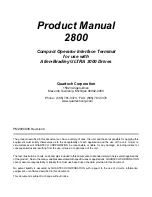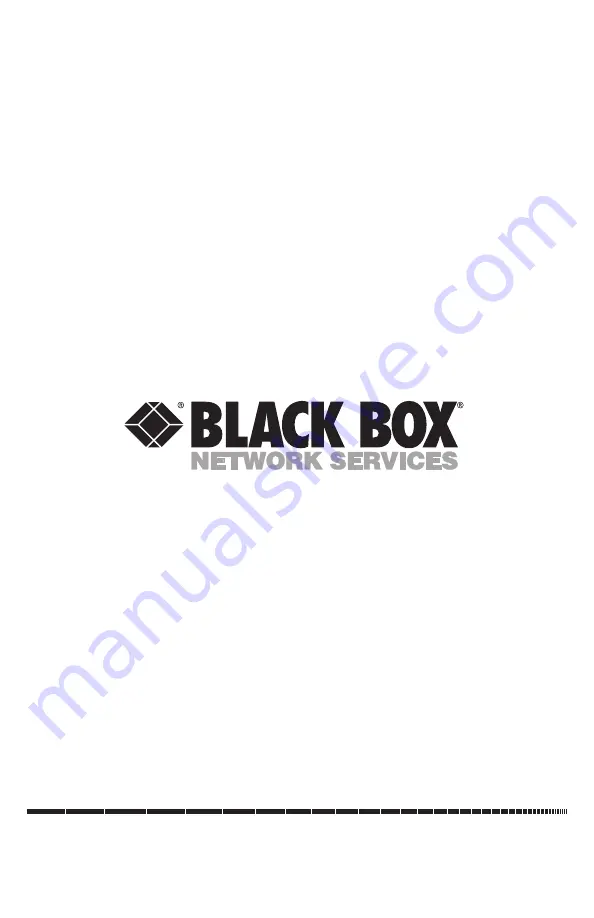Reviews:
No comments
Related manuals for Terminal Eliminator Plus

2800
Brand: Quartech Pages: 36

E820
Brand: Landi Pages: 16

Z-39
Brand: Zenith Data Systems Pages: 129

A-G-247NW
Brand: ZIEHL-ABEGG Pages: 21

MAC 10
Brand: Mitsubishi Electric Pages: 26

GT2104-PMBD
Brand: Mitsubishi Electric Pages: 6

GT2103-PMBD
Brand: Mitsubishi Electric Pages: 6

Lossnay PZ-4GS-E
Brand: Mitsubishi Electric Pages: 4

GT2103-PMBD
Brand: Mitsubishi Electric Pages: 13

Internet Office INTERNETOFFICE500
Brand: Tripp Lite Pages: 28

dialock CL
Brand: Hafele Pages: 18

MSR JC-1290 KB series
Brand: Glancetron Pages: 30

D200
Brand: PAX Pages: 6

CLT-1DELV4
Brand: Crestron Pages: 4

MST-4
Brand: CommScope Pages: 2

FST-R
Brand: CommScope Pages: 8

SP20
Brand: Pax Technology Pages: 2

SK800
Brand: Pax Technology Pages: 11
















